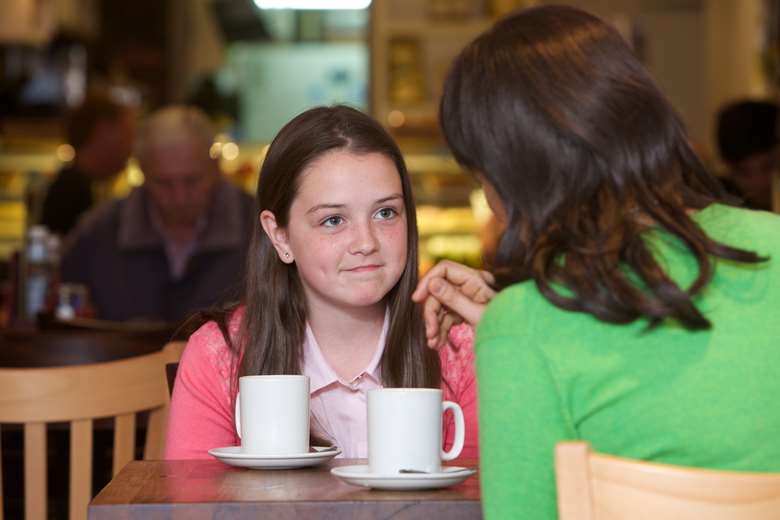Victims of CSE 'not getting enough support' through justice system
Sophie Eminson
Friday, September 22, 2017
Children involved in criminal justice processes relating to sexual exploitation and abuse are not getting enough support, a report has found.

A study by Barnardo's, which provides specialist support services for victims of CSE, found that there are a number of areas in which the way that children are helped could be improved.
During interviews with victims of CSE, Barnardo's found that aggressive cross-examination and police interviews can make young people feel like they are not believed or that they are to blame for their abuse. Young people also found the criminal justice process "complicated and confusing", experienced a lack of control and "felt excluded from decision-making about their cases".
Barnardo's is calling for all victims to be offered an independent one-to-one practitioner to support them throughout the whole case.
The report said that unexpected events in the lead up to trial - such as adjournments - can cause issues that can impact on the emotional wellbeing of the young people involved.
It gives the example of a girl who was offered intensive support at the start of her trial, but her behaviour problems escalated when the trial was adjourned. It said support in the court preparation phase needs to be more thoroughly planned.
The report also identified a gap in Barnardo's ability to respond to children with severe mental health needs, and highlighted concerns about court proceedings undermining the wellbeing of young witnesses and victims.
It said all of the children and young people interviewed were aware of some of the special measures available to them - such as giving evidence behind a curtain or over a video link, although some reported that these decisions had been made without their full consultation.
One girl said that she did not get a choice about how she gave evidence.
"It was like ‘you're under 18, you're a child so you're getting the video'." she said.
Concerns were also raised about lengthy waiting times that can occur in the police investigation and prosecution process. The report said this could compromise the immediate safeguarding and protection of vulnerable children and young people.
Meanwhile, there was also found to be a gap in terms of support and explanation for parents and carers.
"There should be more emotional and practical support provided to parents and carers, from an independent source, to promote their own wellbeing and understanding of the process and to promote a solid support network for children and young people throughout this time," the report stated.
Practitioners also queried the number of police officers that sometimes deal with a case. Some recalled cases where up to five police officers had been involved before a disclosure of sexual abuse by a young person. They highlighted the need for at least one police officer to be consistently involved and sensitive to the wellbeing of the child.
A literature review conducted as part of the report also highlighted issues around support. It found that, although there have been some positive changes to national legislation, and although various sources of help and advice have been developed, children and young people are "still not adequately and consistently supported through the investigation and trial process".
Barnardo's chief executive Javed Khan said: "The criminal justice process is confusing and daunting at the best of times, let alone for a child who's experienced sexual abuse or exploitation.
"Having to tell your story over and over again means having to relive the trauma and repeated questioning can mean that children feel like they are to blame for their own abuse. This can be hugely distressing for a child who has already been through so much.
"Achieving justice should not mean that children are left traumatised and distressed by the process, and having an independent one-to-one practitioner who will believe them and support them through the whole process is vital."




